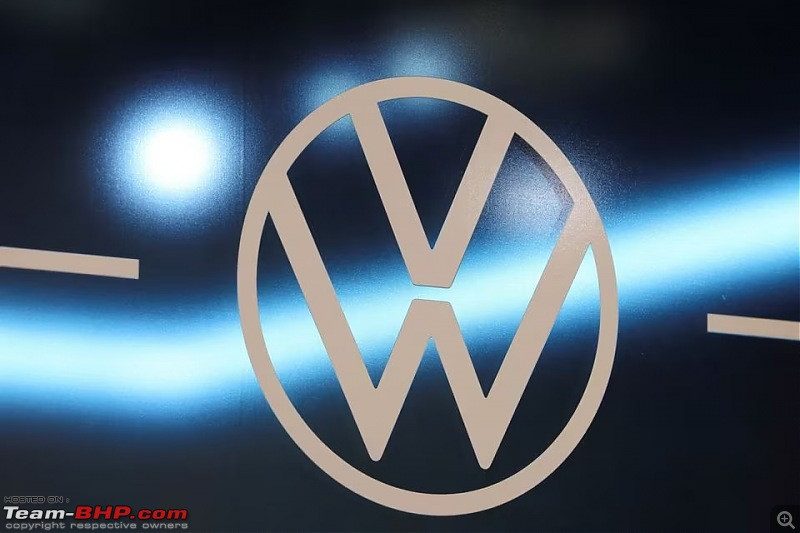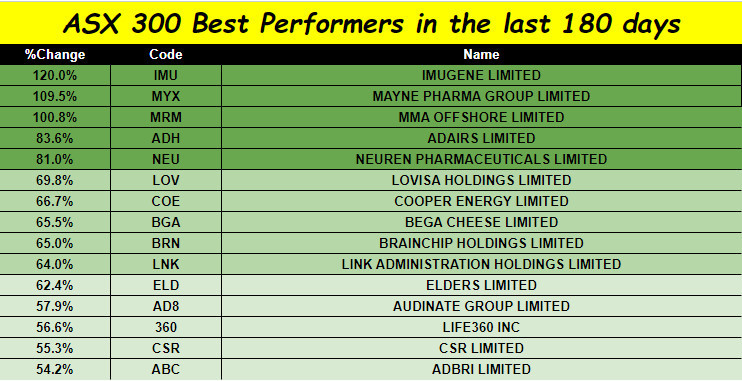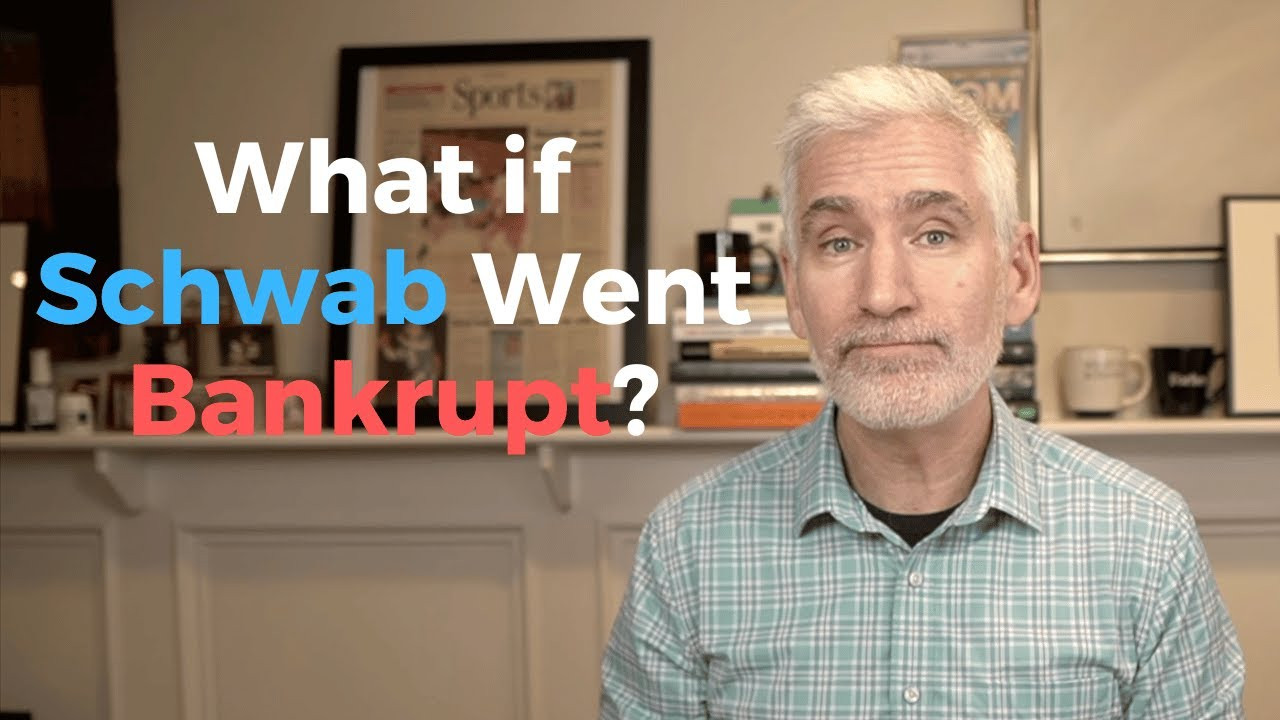It’s the end of an era. Volkswagen has just announced that it is planning the closure of two of its German auto manufacturing plants for the first time in its corporate history. In the face of rising competitive pressures from China, its leadership made the seemingly prudent decision to shutter unprofitable operations and concentrate resources elsewhere. The forces of global competition have done what even Allied bombing campaigns could not: close Germany’s more venerable manufacturing plants.
The looming closures, however, are not what spells the end of an era. Rather, it is the response to the planned closures that bodes ill, and not just for Volkswagen but Germany, and free-market economies more broadly. A bloc of interventionists, from labor unions to government ministers, has leapt into the breach, proclaiming their intent to “prohibit” Volkswagen’s intended course. They wish, in short, to force the private company to sustain the unsustainable — intending, by using the power of advocacy, to prevent the kind of creative destruction that makes modern economies flourish.
Daniela Cavallo, a leading representative of Volkswagen’s General Works Council, for instance, says that Volkswagen’s management decision “is not just a disgrace. It’s a declaration of bankruptcy… Closing factories? Terminations for operational reasons? Cutting wages? Such ideas would only be admissible in one scenario! And that is if the entire business model is dead.” Trade union activists like her are insistent that Volkswagen be prohibited from doing what must be done.
She is, of course, exactly wrong. Closing plants and cutting wages cannot remotely be interpreted as signs that an “entire business model is dead.” In fact, such adjustments are absolutely necessary components in maintaining a vigorous and functioning business model which can freely reallocate resources in the face of a constantly shifting landscape. While the comfortably insulated inhabitants of Wolfsburg may not wish to hear it, the world has shifted in substantial ways and there is no inherent right to business-as-usual.
Not surprisingly, politicians have weighed in as well. Lower Saxony Governor Stephan Weil has said the company “needs to address its costs but should avoid plant closings.” While that’s easy for him to say, it’s not clear how VW is going to solve the fundamental mismatch between high operating costs and lowered consumer demand.
And the problem is deeper than merely the market’s softening for German cars. VW has, among other political intrigues, been asked to help meet government mandates by producing more electric cars to meet state emissions targets. Unfortunately for VW, fewer and fewer buyers seem to be open to the electric revolution, especially with the abrupt end in taxpayer-funded electric car subsidies. State tinkering, in other words, is having its predictable effect: laws to artificially boost demand cannot also artificially boost supply in the long term. Something had to give, and now there is hell to pay.
VW’s problems with government go beyond mere market tampering. Since state government holds 20% of the voting rights at the firm, and employee representatives hold half, VW finds itself in something of a pickle. One might say Wolfburg has VW by the ears — the company can neither continue as it has, nor let its political masters go.
And this may the rub: since VW has so heavily relied on state subsidies, much of the talk about factory closures may in fact be industrial-political theater. With threats to close assembly lines causing such raucous dissent (and international headlines), there is some cynical justification for believing this all may be a ploy to scare politicians into re-introducing EV subsidies, thereby juicing VW’s bottom line. It’s an old gambit, to be sure — keep the gravy flowing or we will have to make some uncomfortable scenes…
Whether or not threats to shutter factories are a sham, the overt market manipulations on display represent a serious blow to the efficient allocation of resources. Left unchecked, Germany’s days as an economic engine will be numbered: as its motor sputters and slows under the increasing drag of bureaucratic strictures, it will inevitably backslide into Soviet-style industrialism in which political clout matters more than efficient production. While German labor activists jostle to “save jobs,” and politicians jockey to coddle a titan of industry, they are unwittingly knocking the supports from under a system that led to Germany’s famous prosperity in the first place. Advocates of “protection” cannot defy the basic laws of economics regardless of how loudly they object. The jobs they wish to save will instead be cruelly wiped away in a global floodtide, its comfortably insulated beneficiaries immiserated under the onslaught of the inevitable.
Dismal as this all sounds, it is not a certain death-knell. Bureaucratic sclerosis, after all, displays its own cycles of creative destruction. Sensible people (and Germany has more than a few) may yet call a halt to these kinds of clumsy and counterproductive market interventions. It is entirely conceivable that freed from the fetters of state and union mandates, VW can find a creative way off of its destructive path. But if it does not, it may well mark the end of a free-market era in Germany, with enormous implications for Europe’s largest economy.
Facing Financial Pressures, Volkswagen Considers Cost Cutting Measures
Volkswagen's Chief Financial Officer Arno Antlitz could significantly reduce the Group's investments. For example, he may overturn the planned billion-euro revamp of the MEB electric modular system, with which Volkswagen wanted to keep the ageing ID.3 and ID.4 models fresh. The German business magazine Manager Magazin reports that Volkswagen is considering cutting investments by around 20 billion euros in its next medium-term planning. Specifically, the next five-year investment budget in autumn will be reduced from 180 billion to 160 billion euros. The German business magazine also lists the main areas where savings are to be made: development and administration will be affected.
The Potential for Job Losses and Plant Closures
The potential for job losses and plant closures at Volkswagen has become a major concern. Manager Magazin reports that Volkswagen could cut up to 30,000 jobs in Germany in the medium term, with severe cuts likely in research and development in particular. The article suggests that 4,000 to 6,000 of the approximately 13,000 employees in Germany would be made redundant. However, the car manufacturer has denied any concrete figures. A spokeswoman for Volkswagen AG in Wolfsburg initially said: “One thing is clear: Volkswagen must reduce its costs at its German sites.” It is the only way the brand can earn enough money to invest in the future. “How we achieve this goal together with the employee representatives is part of the upcoming talks.” She did not confirm that some 30,000 jobs could be cut. The General Works Council referred to the figure of 30,000 as “nonsense.”
Government Intervention and Industry Challenges
German Economy Minister Robert Habeck (Greens) will have little time on Monday (23 September) to digest the results of the third round of regional elections as he prepares for talks with car sector leaders on getting the country’s largest industry back on track. The government is looking at ways of supporting Volkswagen as he acknowledge the company's importance to the country. “VW is of central importance to Germany,” he said. In a virtual meeting, Habeck will meet with the heads of industry association VDA, trade union IG Metall, large producers and suppliers in reaction to the recent batch of job cuts and downsizing announcements by several car industry heavyweights – including Europe’s largest producer, Volkswagen.
In December 2023, amid its budget crisis, the government scrapped a bonus of up to €4,500 for fully electric cars, which added to its previous move to freeze subsidies for plug-in hybrid cars as of January 2023. This has led to plummeting sales in the strategic EV segment. The industry has been sounding the alarm for weeks, telling the government that the EU plans will cost them billions. The EV tariffs “must not come into force,” Müller said. “That’s what we’re fighting for with the government and in Europe ... there is a great danger that the tariffs and possible countermeasures will do more harm than good to our industry.”
A Crisis of Confidence: The Future of German Auto Industry in Question
The German automotive industry faces a multitude of challenges that are putting its future in question. The industry's reliance on combustion engine cars, combined with the need to transition to EVs, has created a complex situation for carmakers. Additionally, external factors, including government policies, competition from China, and changing consumer preferences, are contributing to the industry's struggles. The German car industry is facing a crisis of confidence, with questions about its long-term viability arising. The outcome of the current situation could significantly impact the German economy and the global automotive landscape.

















